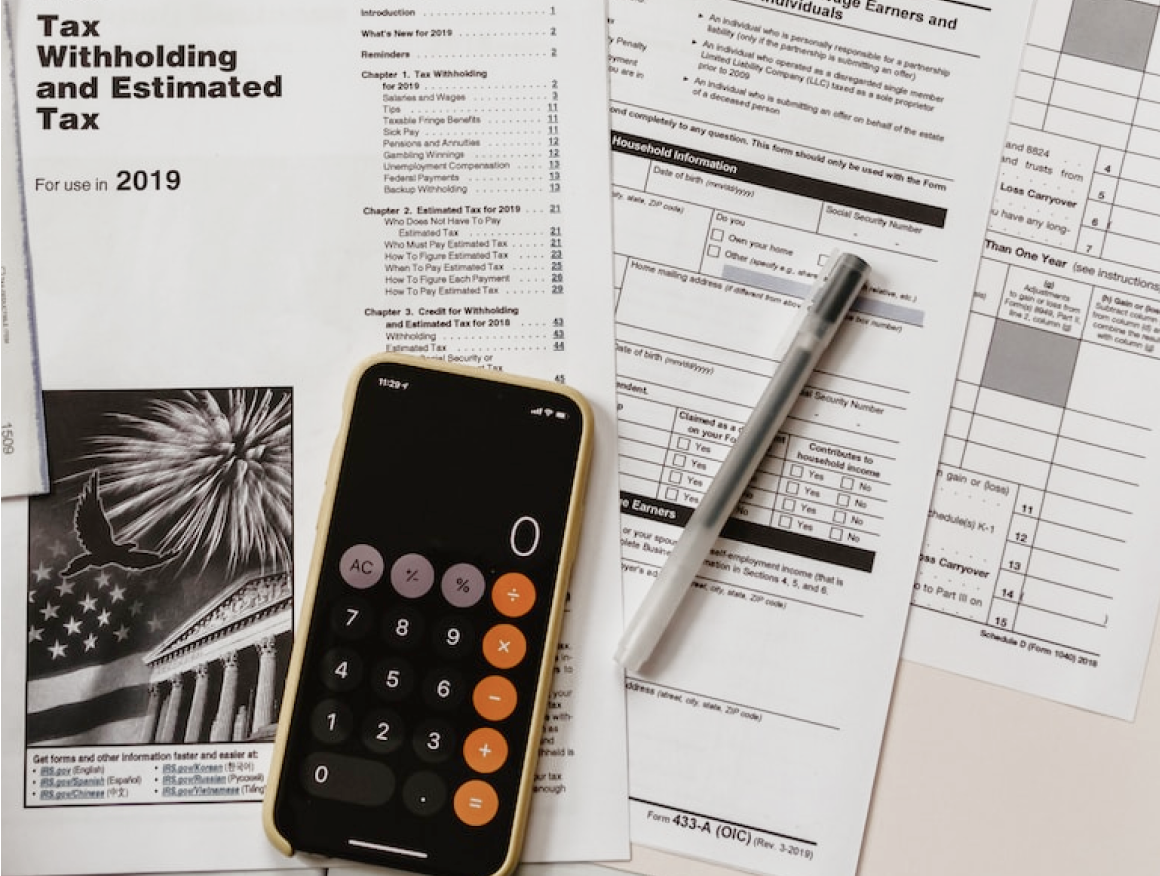Homeownership has long been the American dream, but not all dreams are one-size-fits-all. Buying a home comes with great responsibilities – including financial ones. To ensure home buying investment is rewarding for you, self-educating on home ownership costs, choosing the right home that suits your budget, and following other real estate strategies to maximize the return on your investment are important.
1. Know the Cost
When it comes to buying a home, there are a few things you need to know about the costs involved. There are plenty of lesser-known fees sandwiched between the down payment and mortgage amount to prepare for.
Know your way around:
- Down payments
- Closing costs
- Pre-closing home repairs
- Home insurance/flood insurance
- Property taxes
- Home maintenance and repairs
Down Payment You may have heard the general recommendation to aim for a 20% down payment on a home’s purchase price to avoid the added expense of mortgage insurance. Some first-time homebuyer programs and conventional loans may allow you to put as little as 3% down, however remember that you’ll be paying mortgage insurance monthly until your funds hit that 20% base mark. Avoiding this fee saves you money in the long run.
Closing Costs Beyond the down payment, the buyer will be responsible for part of the closing costs. These are typically between 3% and 6% of the loan amount and include things like:
Loan origination fees: charges by the lender
- Appraisal
- Title fees
- Home inspection
- Prepaid taxes and insurance
- Mortgage insurance
- Escrow fees
- HOA fees
- And others
Unexpected Expenses Many who own a home will tell you there’s always something they need to fix, change, or update. Home repairs, maintenance, or emergencies can pop up, so having liquid funds aside to cover these unforeseen costs is vital. Being prepared with an emergency fund can give you peace of mind and help you handle any housing-related surprises that come your way. So, as you plan your home purchase, know the importance of the down payment, but also budget for the unexpected to ensure a smooth homeownership journey.
2. Buy a Home That Suits Your Budget
It’s easy to get pre-approved for a mortgage and automatically look for houses up to that limit, but such a tactic isn’t always wise. Just because you’re approved up to a certain amount doesn’t mean you can afford it comfortably.
Lenders qualify you based on your gross monthly income and monthly liabilities. Your liabilities may be small; nevertheless, you may have large monthly expenses such as medical, travel, entertainment, and childcare costs. Due to saving for retirement, your take-home pay may be small even though your gross income may be high. You may need to set aside savings each month for the emergency fund or for future personal goals.
Use our home affordability app that calculates the home value that you can truly afford based on your monthly cash flow of take-home pay, all living expenses, and savings. With a more realistic view of what you can afford, you can rest assured that your home ownership is going to be rewarding and will not turn out to be burdensome.
3. Choose Your Home Wisely
When choosing a home, try to reign yourself back in from the glitz and glamor of certain amenities and focus on the important factors to consider:
- Location
- Size and layout – more house is not always the best option, as more space often means more maintenance and upkeep and less utilization
- Condition and maintenance
- Future growth – consider children, aging in place, job relocation, and so forth
- Personal preferences
4. Use These Smart-Investment Strategies
Whether it’s a starter home or a forever home, purchasing a property is an investment for your future. The right investment can propel you miles ahead while the wrong one could be a ball and chain for years.
Use these four smart investment strategies to make the most out of your home financially.
Look Out for Lower Interest Rates
Lower interest rates save you a lot of money over the life of the loan. While a point or two doesn’t sound like much, throughout a 30-year mortgage it could equate to a difference of tens of thousands of dollars.
If you snagged a $200k mortgage at a 4% rate, your payment would be roughly $955 with a total interest of $144,016 paid over 30 years.
That same mortgage with a 6% rate bumps up the monthly rate to about $1,200 and the total interest paid to over $231,742. That’s more than a $87,000 difference paid during the life of the loan!
On the other hand, we don’t suggest waiting decades for rates to drop if you’re financially secure enough to afford a home now. In cases like this, many people choose to move forward with their home purchase while remaining on the lookout to refinance down the road when rates drop significantly.
Learn About Tax Deductions
Homeownership comes with its share of tax perks and breaks. Familiarize yourself with the following:
· Mortgage interest tax deduction: Homeowners can deduct the interest paid on their mortgage from their taxable income, reducing their overall tax liability. Use tax savings calculator to find out how much you can save with mortgage interest tax deduction.
· Property tax deduction: Homeowners can deduct the amount they pay in property taxes on their primary residence and, in some cases, second homes.
· Energy-efficient home improvements: Homeowners who make qualifying energy-efficient upgrades to their homes may be eligible for tax credits or deductions
· Home office deduction: Individuals who use a portion of their home exclusively for business purposes may be eligible to deduct expenses related to their home office.
· Homestead exemptions: This provides homeowners with property tax relief by reducing the taxable value of their primary residence, potentially lowering their property tax bill.
Consider Taxes and Insurance
If you buy a $100,000 home in Alabama, you’ll have to pay $410 in property taxes a year, but that same house in New Jersey will cost you $2,490. So, property taxes are a factor to consider.
As for insurance, you’ll likely see spiked costs if you purchase near water or in a state that is prone to natural disasters, like tornadoes and hurricanes. The difference in insurance policies normally isn’t as painful as property taxes, but they should still factor into your cost analysis.
Look for Appreciation and City Growth
Last but not least, purchasing property in a fast-appreciating or up-and-coming area is vital, especially if you plan to sell or rent it after some time.
Factors that affect appreciation include:
· Infrastructure development in the area, such as new transit lines, city-wide renovations, highway construction, and so on.
Amenities like parking spaces, basements, garages, and local community centers
School districts improving
Crime rates decreasing
An increase in employment and jobs
The influx of migration from other states or cities
What Can We Take From All of This?
Buying a home is an intricate, complex endeavor that comes with a long list of nuances and situational variants to consider. For most prospective homebuyers, the worst possible thing to do is rush, and it would be prudent to go about your homebuying process in a patient, methodical manner.
Take the time to carefully consider all your wants, needs, budget requirements, future projections, and strategies you can use to save money on this massive investment — a well-thought-out home purchase will turn out to be a huge asset for you.


